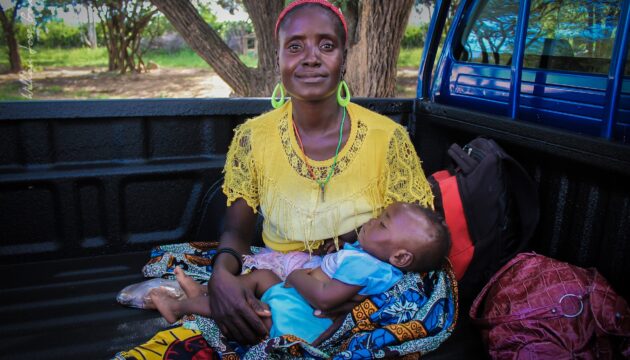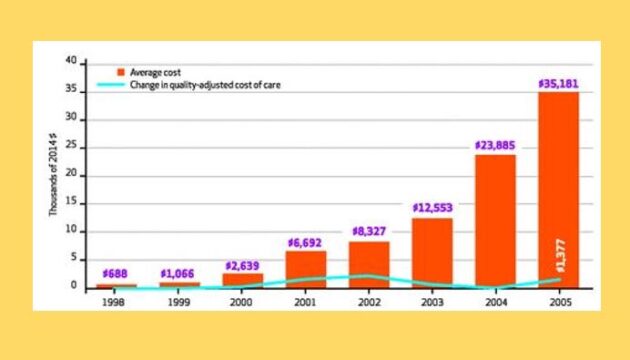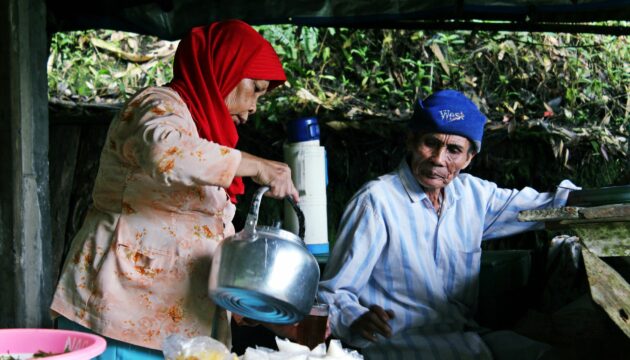Evidence Base
More from the Evidence Base Blog
-
US Funding for HIV Treatment Associated with Employment Gains in sub-Saharan Africa
Even though the President’s Emergency Plan for AIDS Relief (PEPFAR)’s dramatic health benefits are well documented, much less is known about its economic impact.
Categorized in -
Medicare’s Big Fat Problem, Fiscal and Otherwise
You can’t draw a straight line between growing Medicare spending and expanding American waistlines. But policymakers would be wise to keep both in mind as they ponder how to pay for the health care of 75-million-plus baby boomers who likely will live longer in worse health.
Categorized in -
Journey from Psychology to Genoeconomics
Genoeconomics is a new field that focuses on incorporating genomic data in economic research. As genomic data becomes widely available and dramatically less expensive to collect, genoeconomics seems poised to become a large and influential area of research.
Categorized in -
When is the Cost of Care Worth It?: Examining Treatment Costs Through a Quality-Adjusted Framework
Darius Lakdawalla and his team of researchers established a quality-adjusted cost-of-care framework which measures increases in health care costs, offset by the value of improved health outcomes.
Categorized in -
Our Outbreaks
The USC Center for Economic and Social Research (CESR) conducted a survey on public views of the Ebola outbreak through its Understanding America Study (UAS) in collaboration with Dr. John Romley of USC’s Schaeffer Center for Health Policy and Economics.
Categorized in -
The US Hospital System May Be Outperforming Expectations
Schaeffer Center researchers provide evidence that hospital productivity increased from 2002 to 2011, suggesting that the US health care system could be performing better than many believe.
Categorized in -
Income Supplements Boost Health and Wellbeing of Elderly in Developing Countries
The fast pace of population aging presents serious challenges to governments in low- and middle-income countries (LMICs). These countries are essentially growing old before they grow rich, leading to a policy conundrum: how to provide financial and health security to the old without breaking the bank.
Categorized in -
Benefits of Robotic-Assisted Surgery for Kidney Cancer Far Outweigh Investment Costs
The benefits of robotically-assisted surgery for patients with kidney cancer outweigh the healthcare and surgical costs by a ratio of five to one. This is according to new research published in Health Affairs this week.
Categorized in -
Biomedical Research in the Age of Preventive Medicine
The exceptional value of delayed aging comes from a re-alignment of medical research and innovation with the health challenges of an aging population.
Categorized in -
What Questions Should be Asked on a National Well-Being Survey?
Many governments around the world have been expressing interest in conducting surveys to measure national well-being and in using the results to guide policy.
Categorized in








